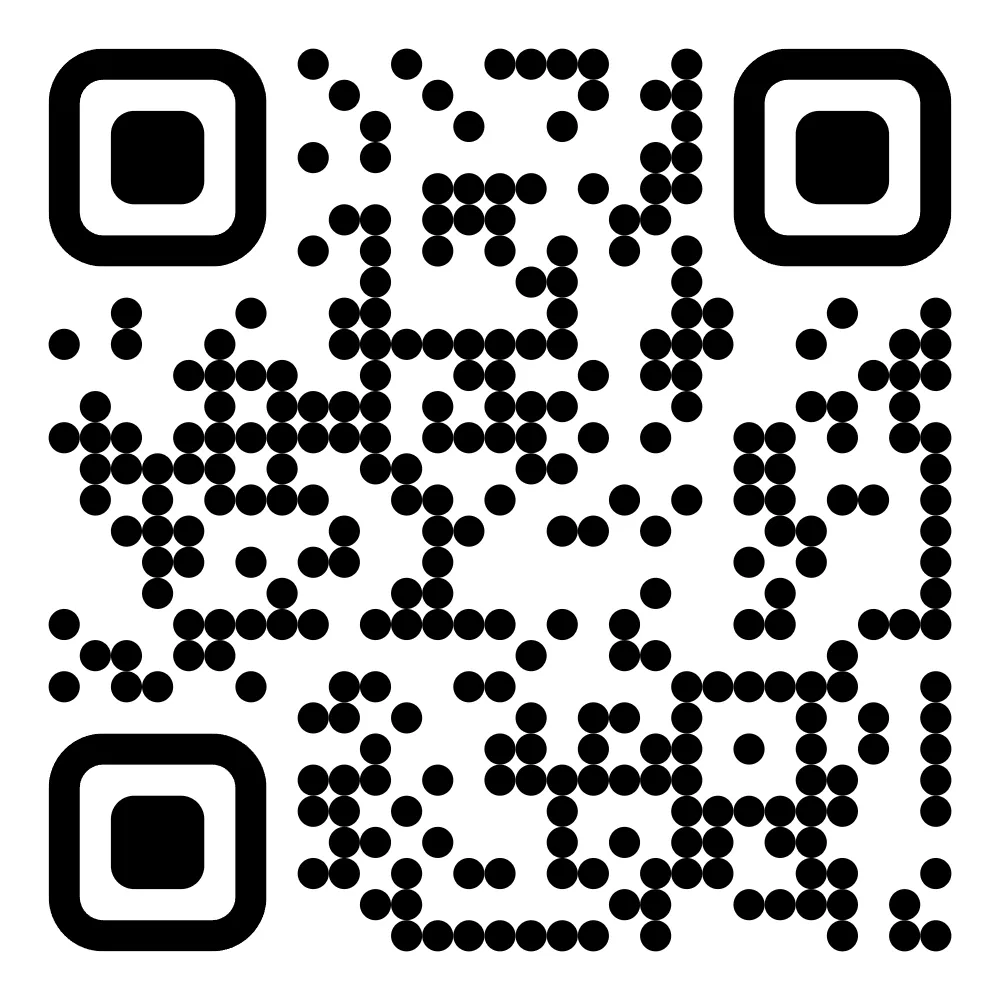German Language Course Information
The German Language is widely spoken and holds great significance in various academic, professional, and cultural contexts. Learning German opens doors to study, work, and live in German-speaking countries such as Germany, Austria, and Switzerland. It is also a valuable skill in the European Union and global business, diplomacy, and cultural industries.
German Language Proficiency Levels:
The Common European Framework of Reference for Languages (CEFR) defines six levels of proficiency, which are widely used to assess and certify language skills.
A1 (Beginner):
- Content: Introduction to basic greetings, numbers, common phrases, and simple sentences. Can introduce themselves and ask/answer simple questions about personal details.
- Purpose: Basic communication for daily situations and travel.
A2 (Elementary):
- Content: Can understand simple, everyday expressions. Can handle short social exchanges, describe routine activities, and understand common vocabulary.
- Purpose : Communicating in routine tasks, basic work environments, and social settings.
B1 (Intermediate):
- Content: Can produce simple connected text on familiar topics, including personal interests, travel, and work. Can deal with most situations that arise while traveling in German-speaking regions.
- Purpose : A higher level of independence in everyday situations, able to discuss and explain ideas.
B2 (Upper Intermediate):
- Content: Can interact with fluency and spontaneity with native speakers. Can produce clear, detailed text on various subjects related to their field of interest.
- Purpose :More advanced communication, professional settings, or academic contexts.
C1 (Advanced):
- Content: Can use the language flexibly and effectively for social, academic, and professional purposes. Can produce well-structured, detailed text on complex topics.
- Purpose :Advanced proficiency needed for university-level education or professional work in German-speaking environments.
C2 (Proficient):
- Content: Near-native proficiency. Can understand with ease virtually everything heard or read. Can express themselves spontaneously, very fluently, and precisely.
- Purpose :Fluent communication in any situation, including technical, academic, or professional contexts.
Tips for Success
- Start with the Basics: Familiarize yourself with common phrases, greetings, and essential vocabulary. This will help in daily communication and set a solid foundation.
- Practice Speaking: Language immersion is key. Engage in regular conversations with native speakers or language partners to improve fluency.
- Listen and Watch in German: Listen to German podcasts, watch movies, and read German news to familiarize yourself with pronunciation, intonation, and common idioms.
- Use Language Apps: Use apps like Duolingo, Babbel, or Rosetta Stone to reinforce vocabulary, grammar, and sentence structure.
- Study Grammar: German grammar can be challenging (with cases, gender, and verb conjugation), so consistent study is crucial. Break it down into manageable chunks.
- Take Practice Tests: If preparing for a proficiency exam, take sample tests to get comfortable with the test format and time constraints.
- Immerse Yourself: If possible, visit a German-speaking country or join German-speaking communities for complete immersion.
- Stay Consistent: Consistency is key in language learning. Dedicate time every day to practice speaking, reading, writing, and listening.
 More Similar Courses
More Similar Courses
